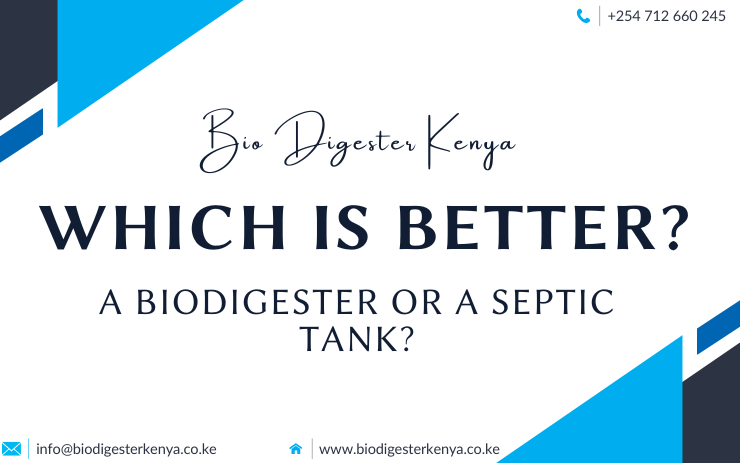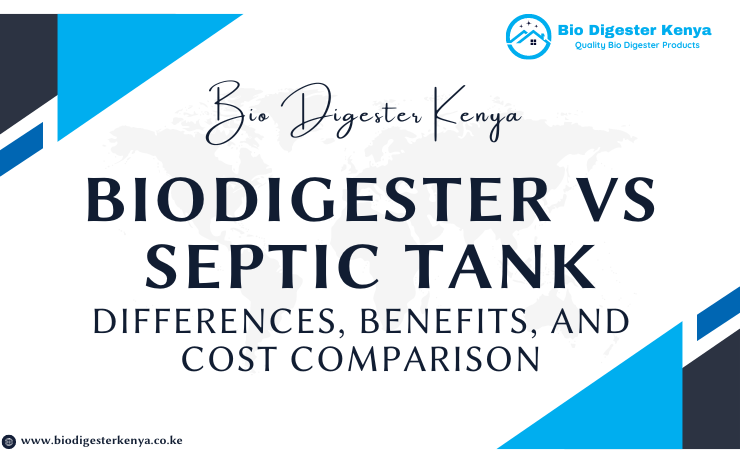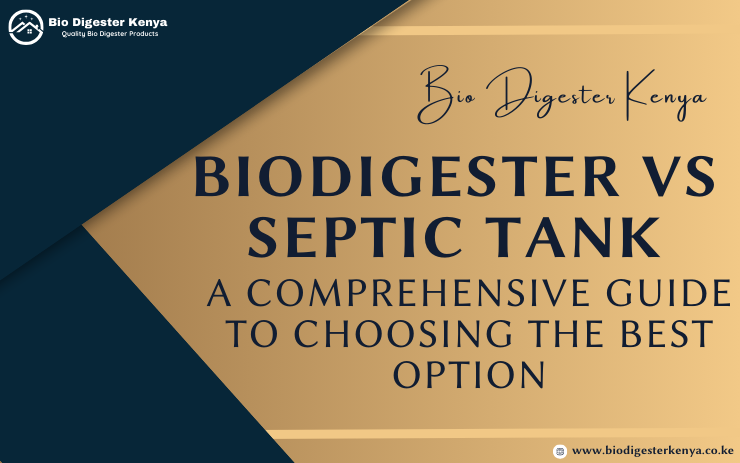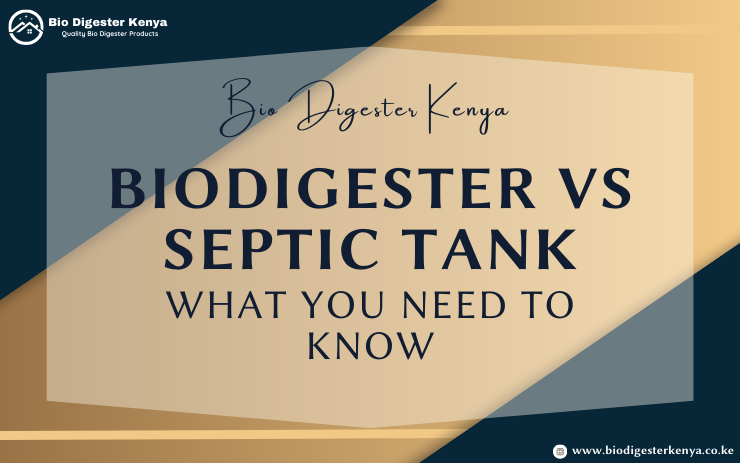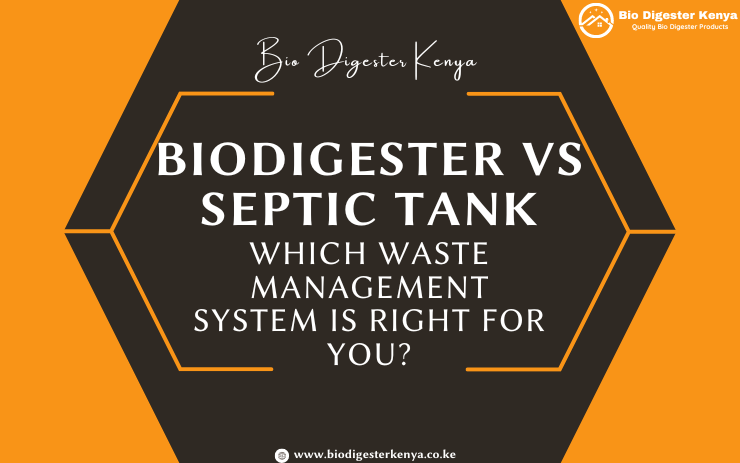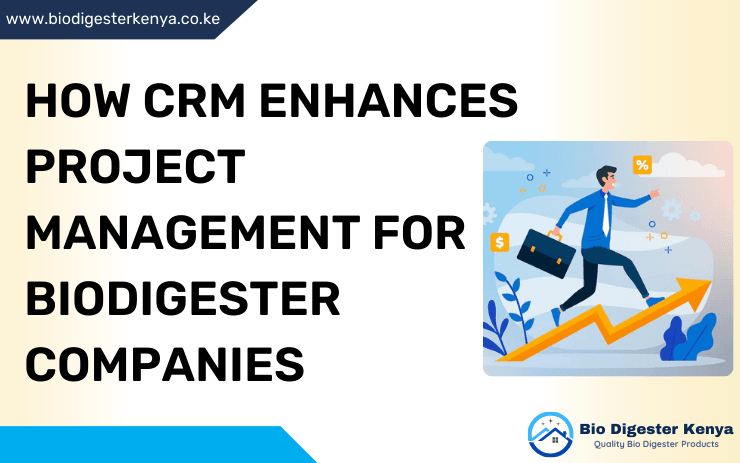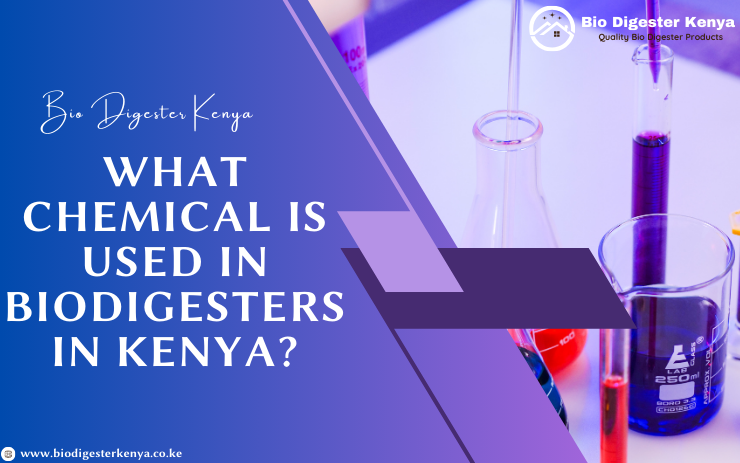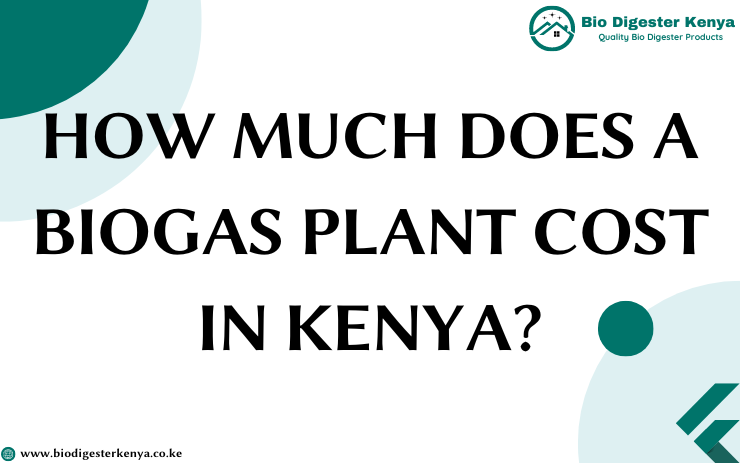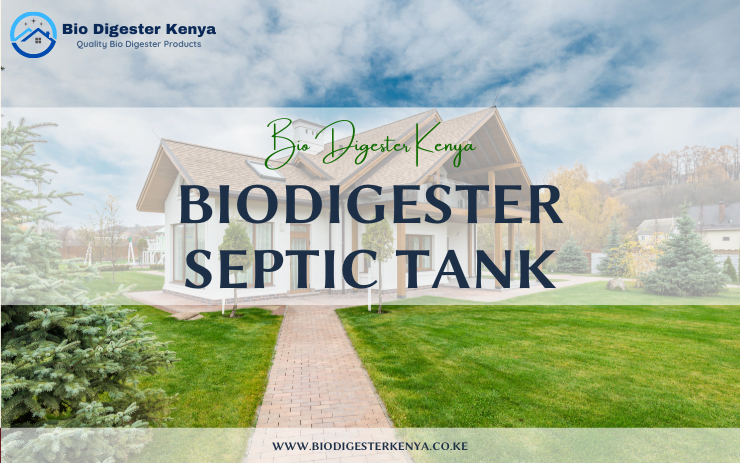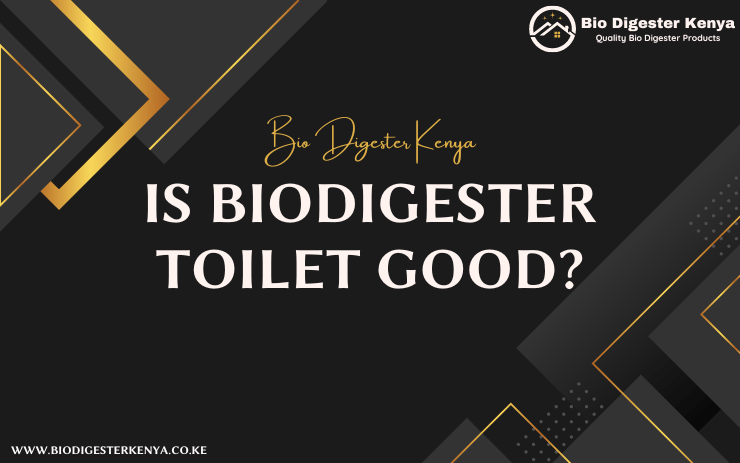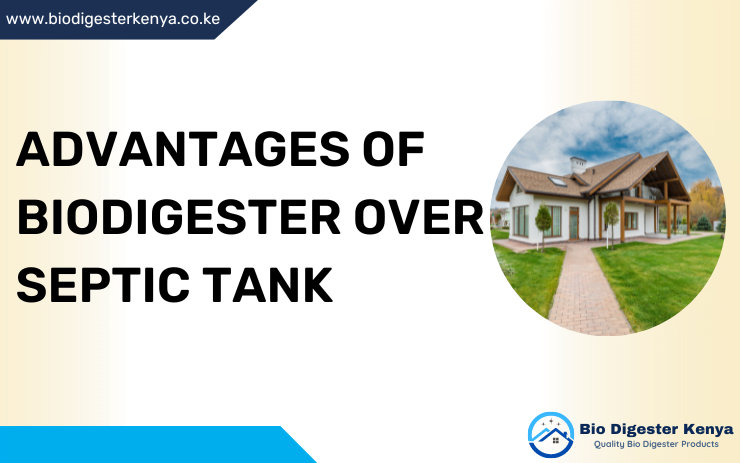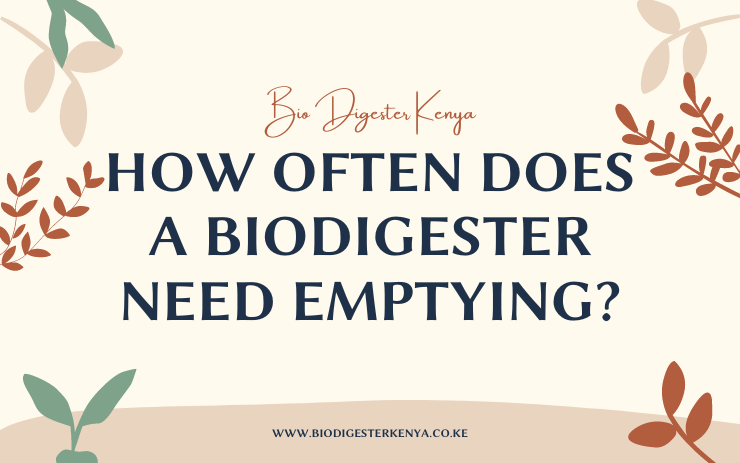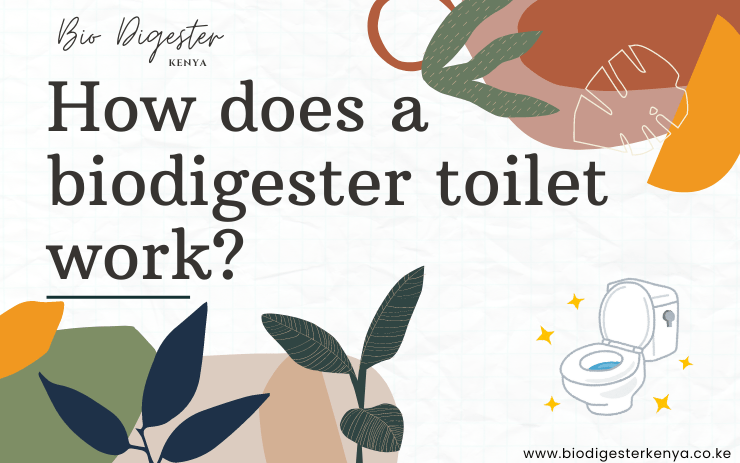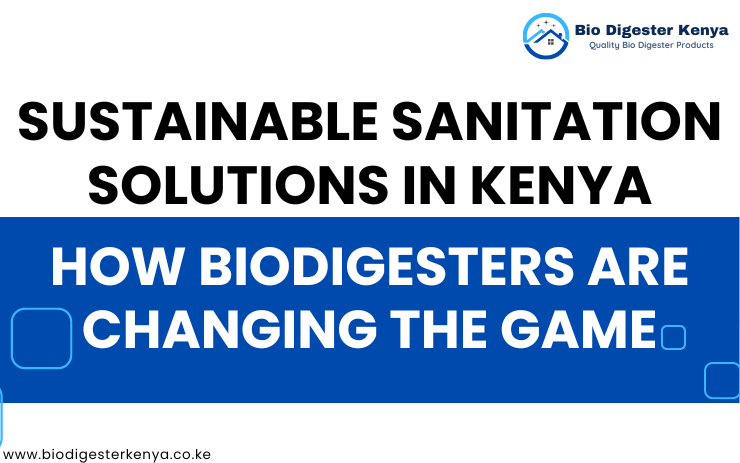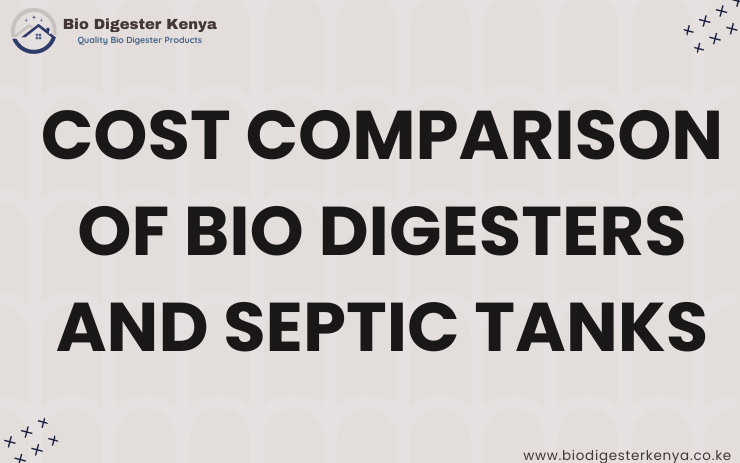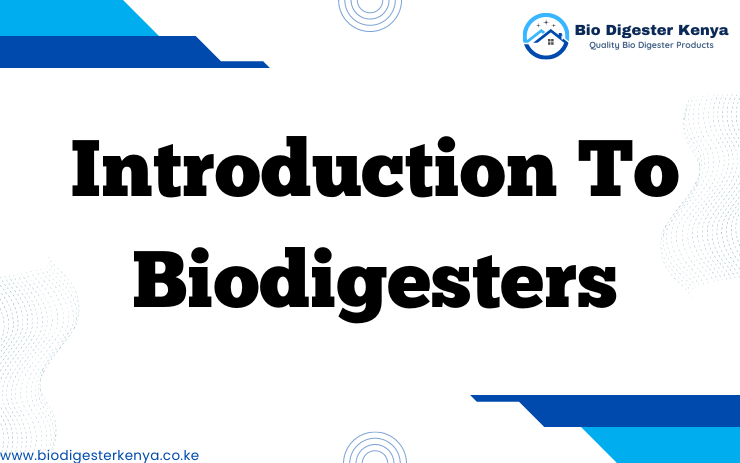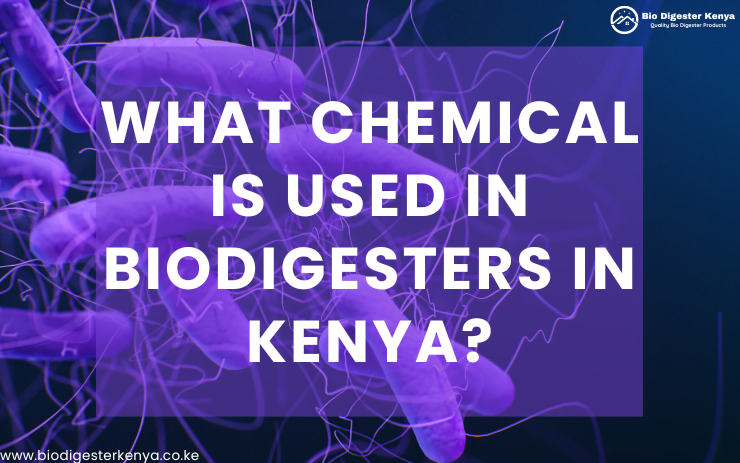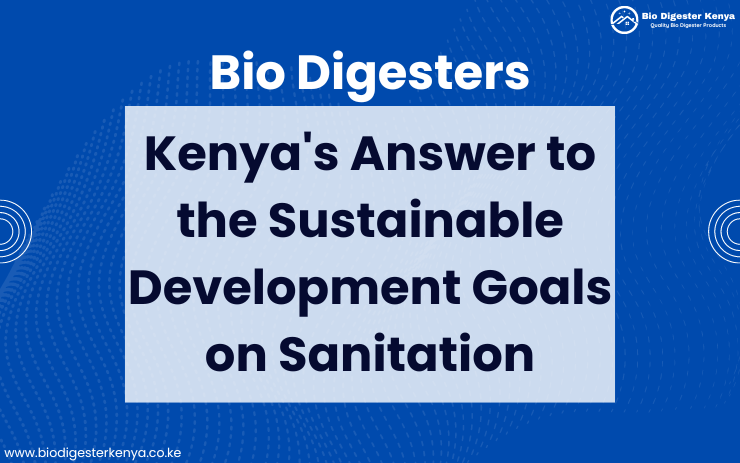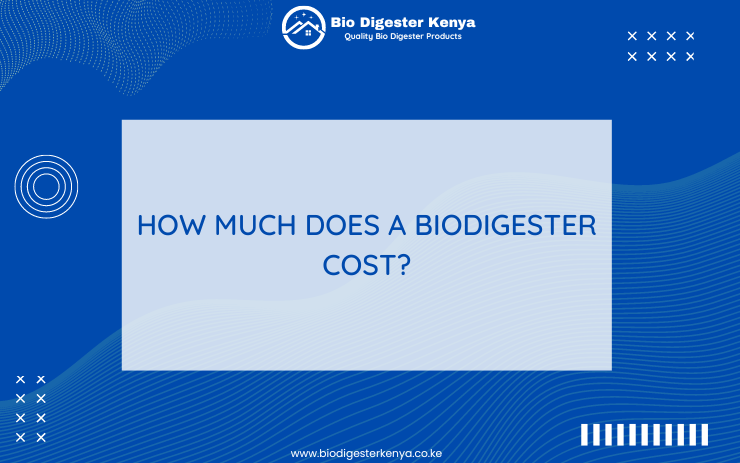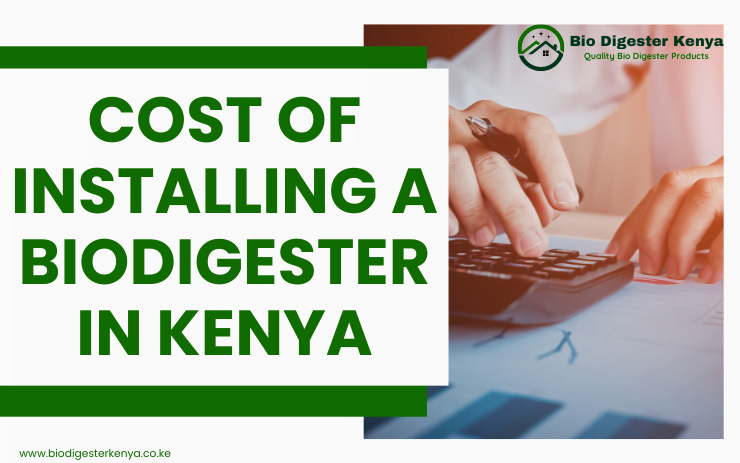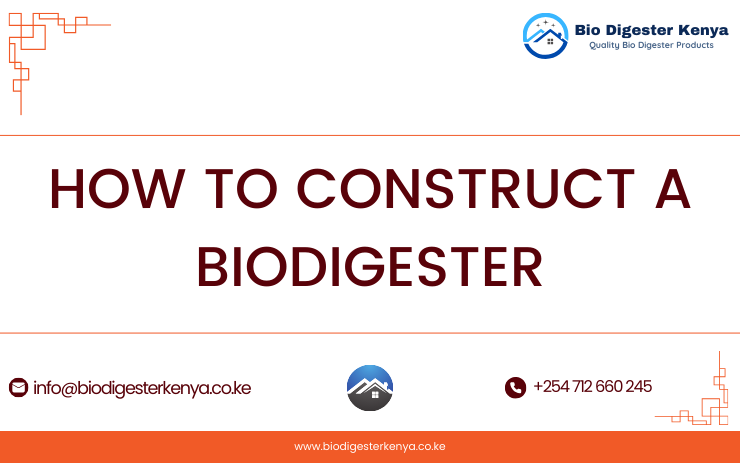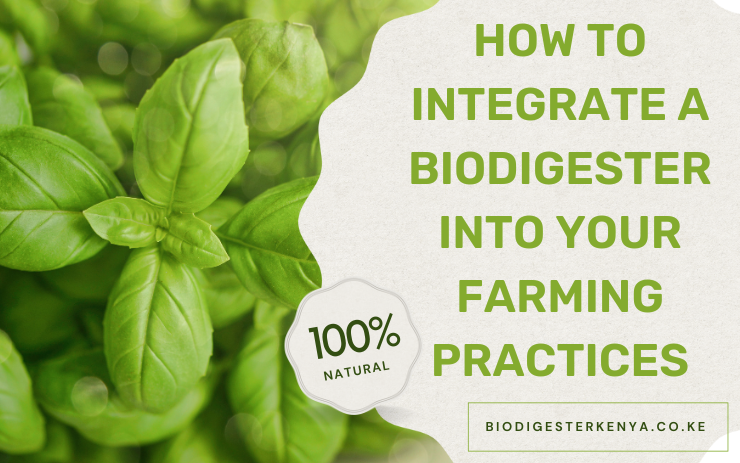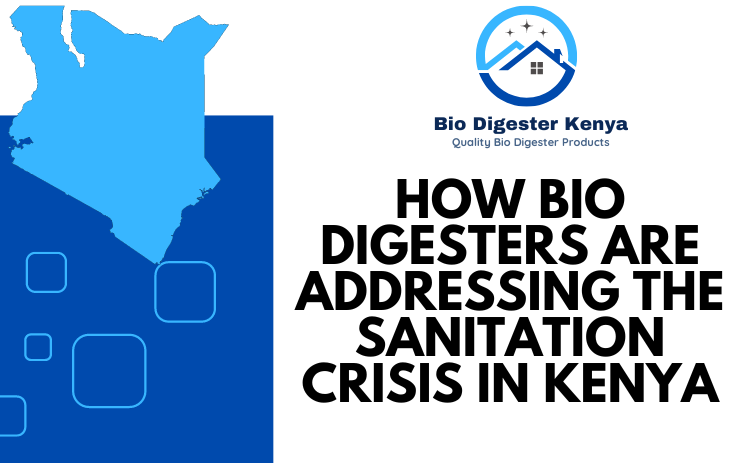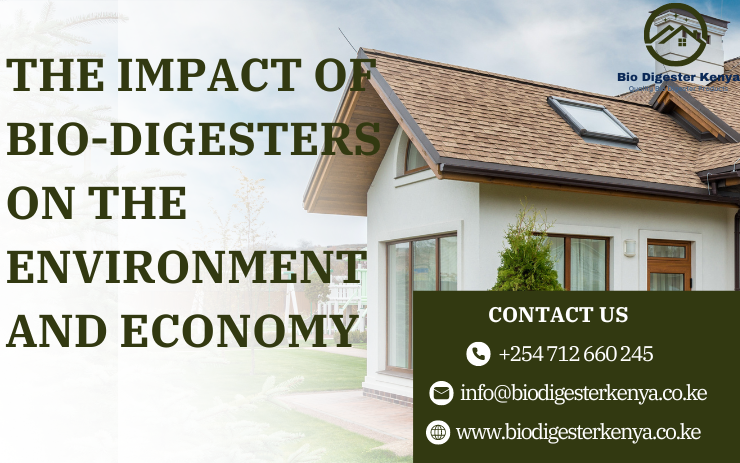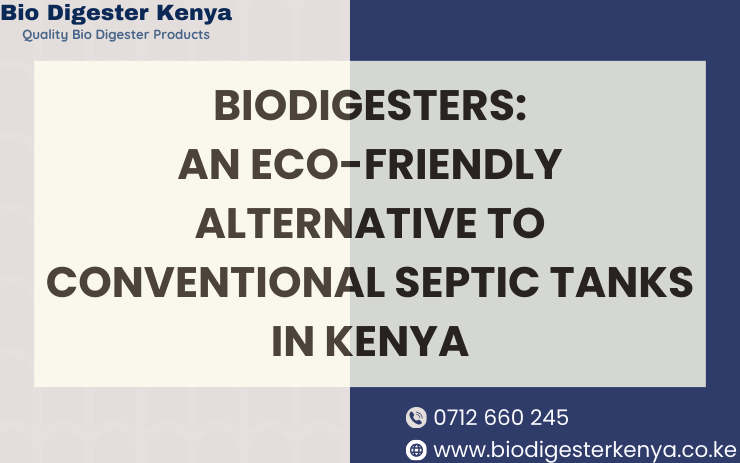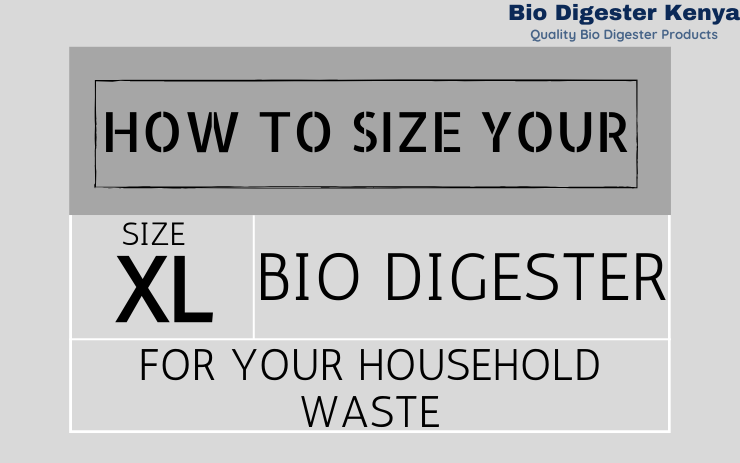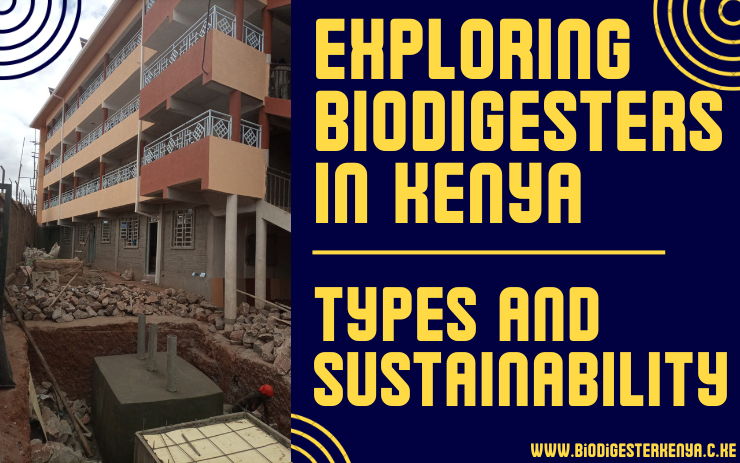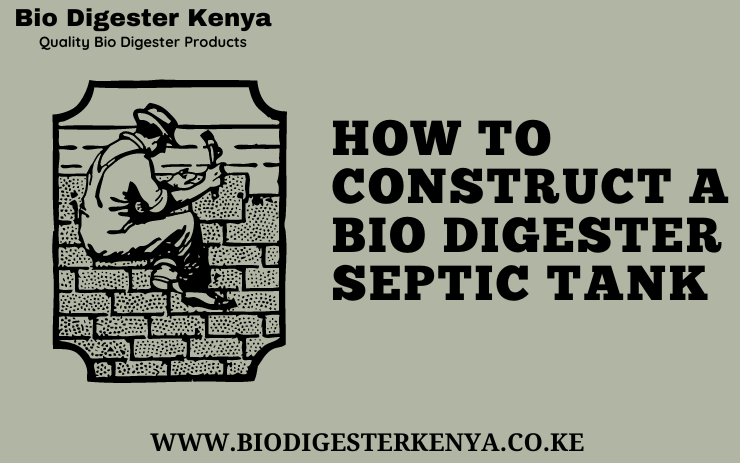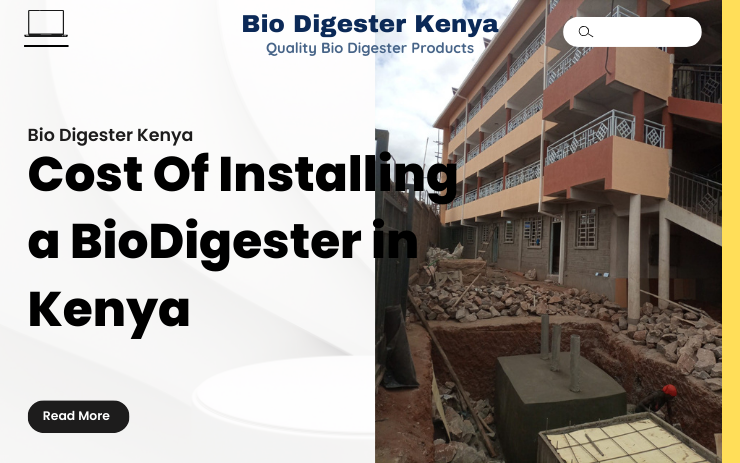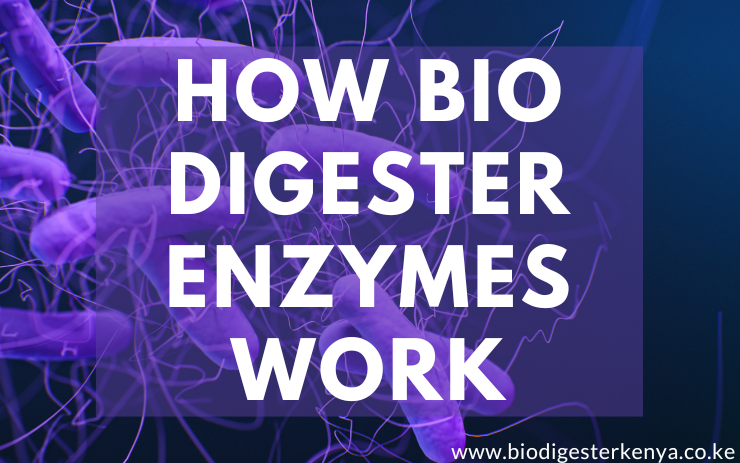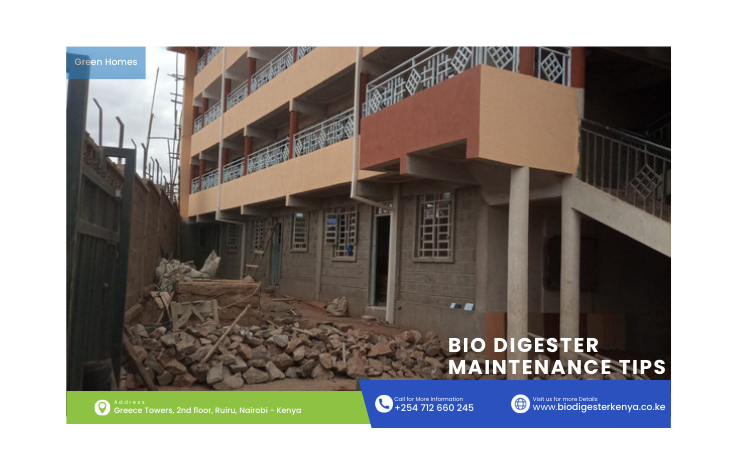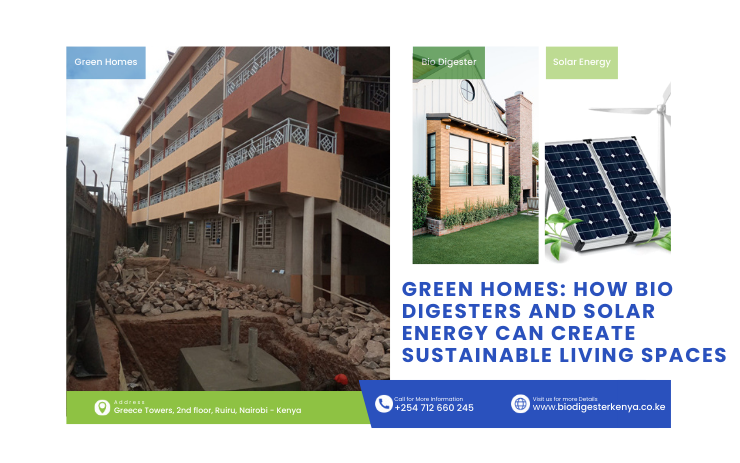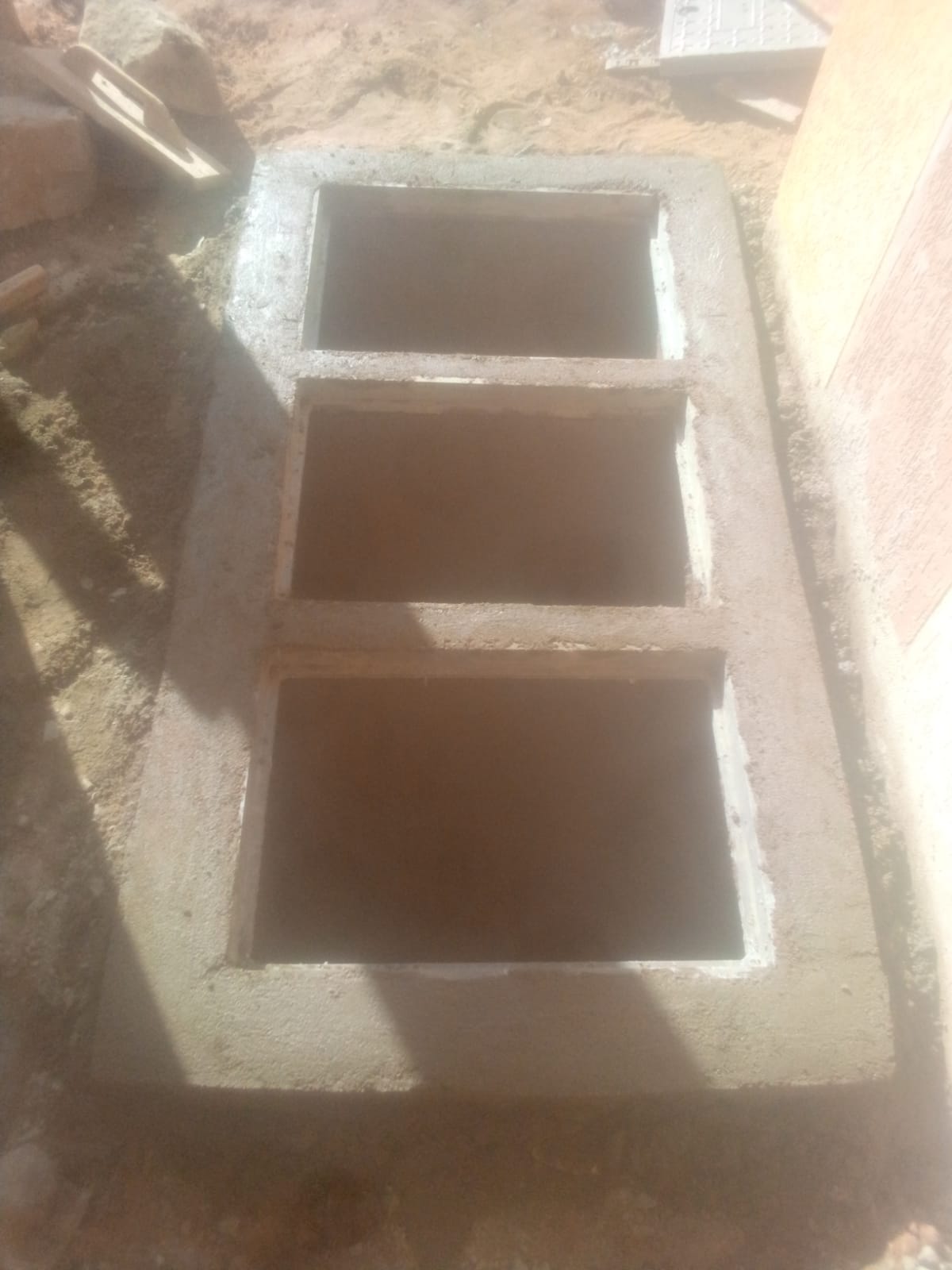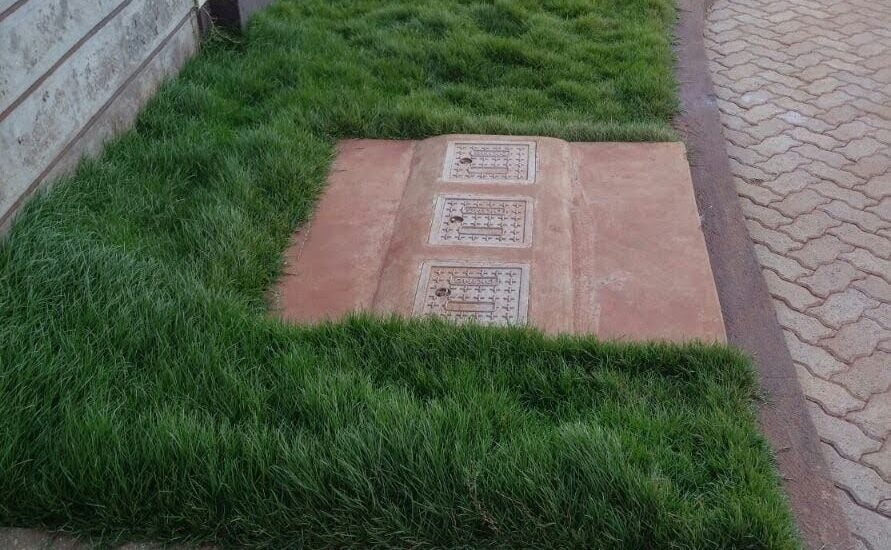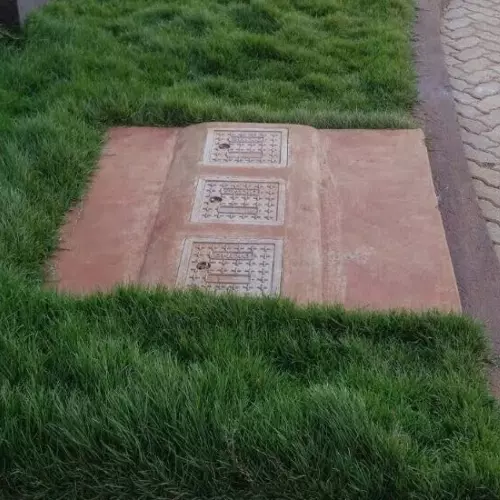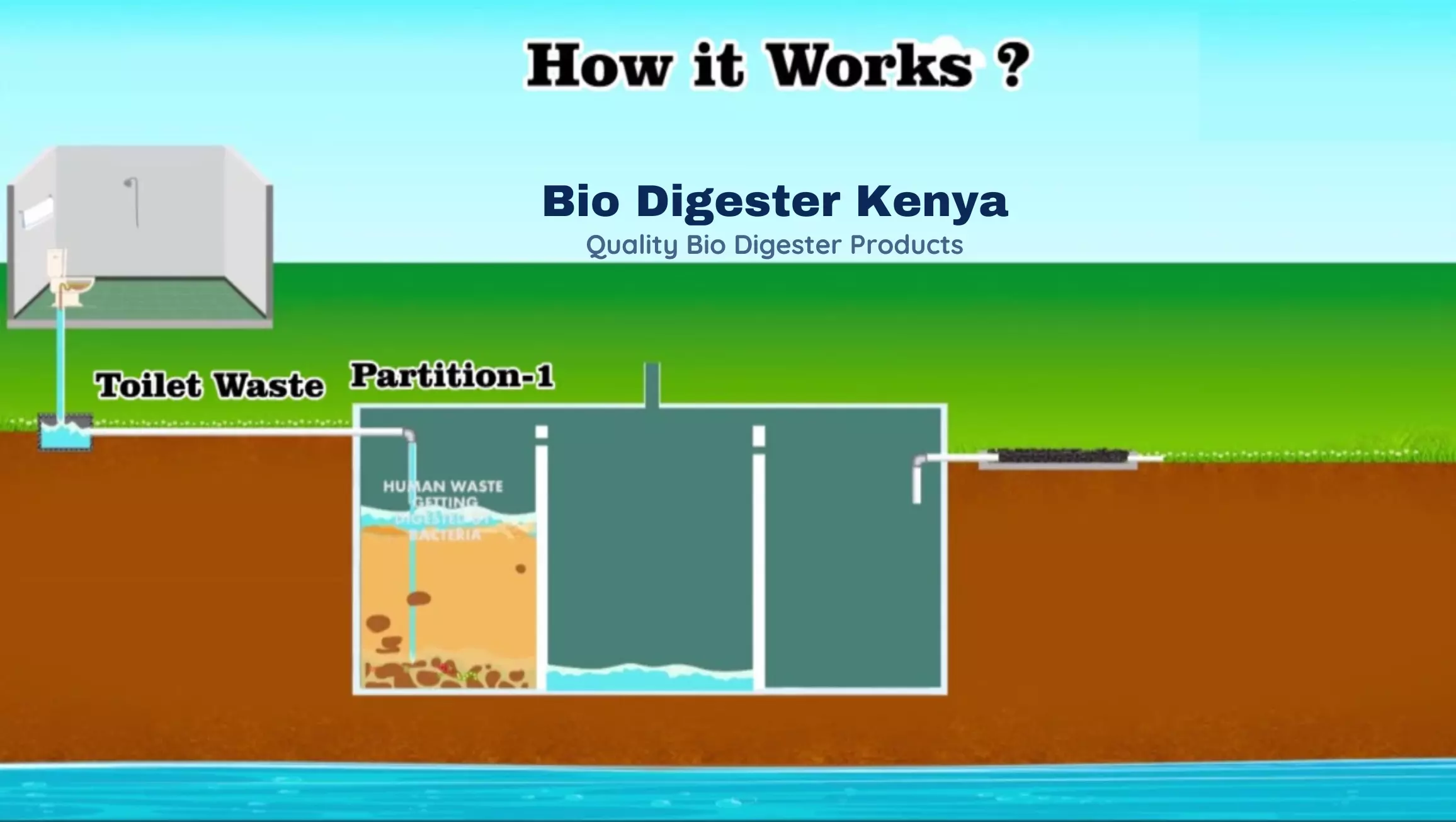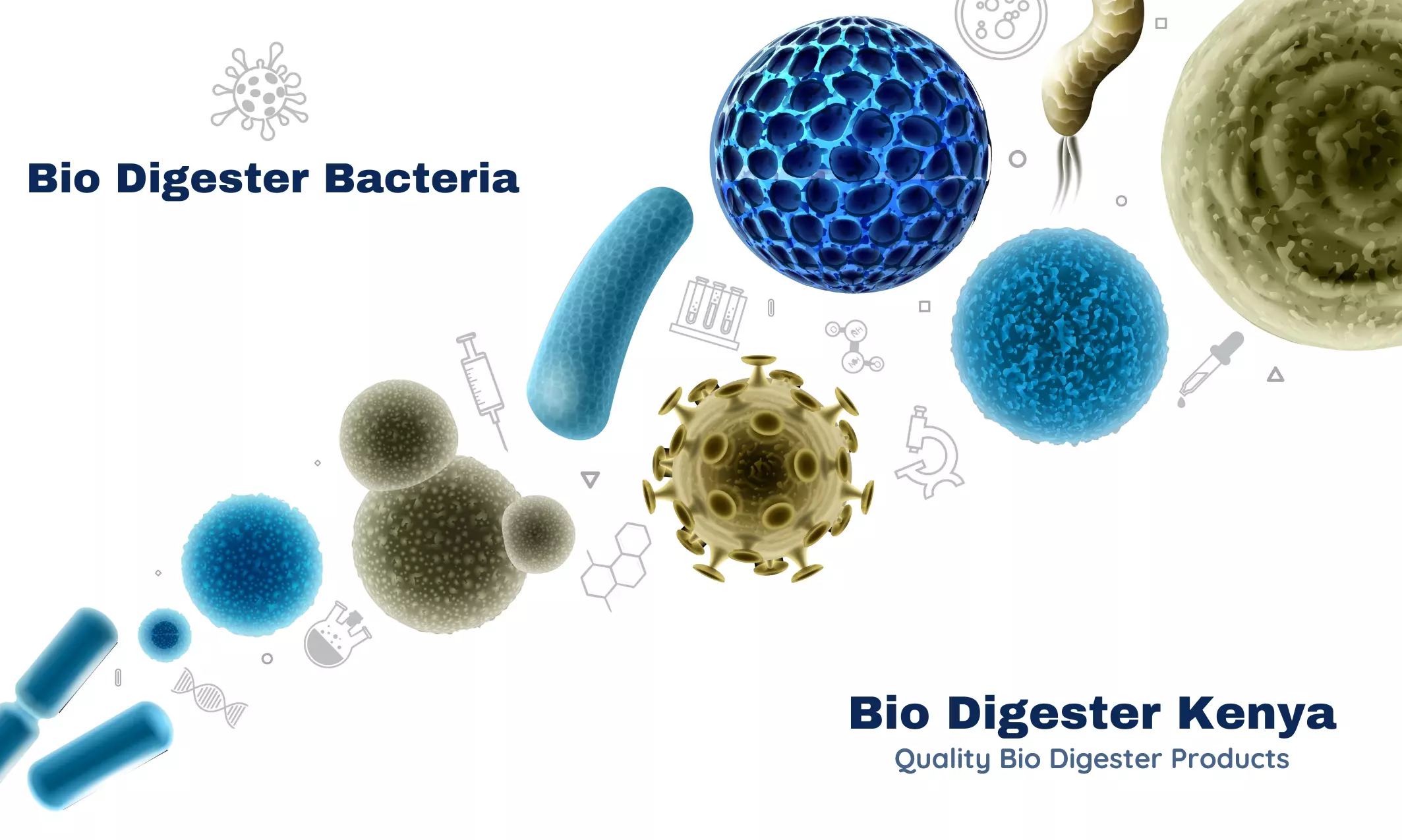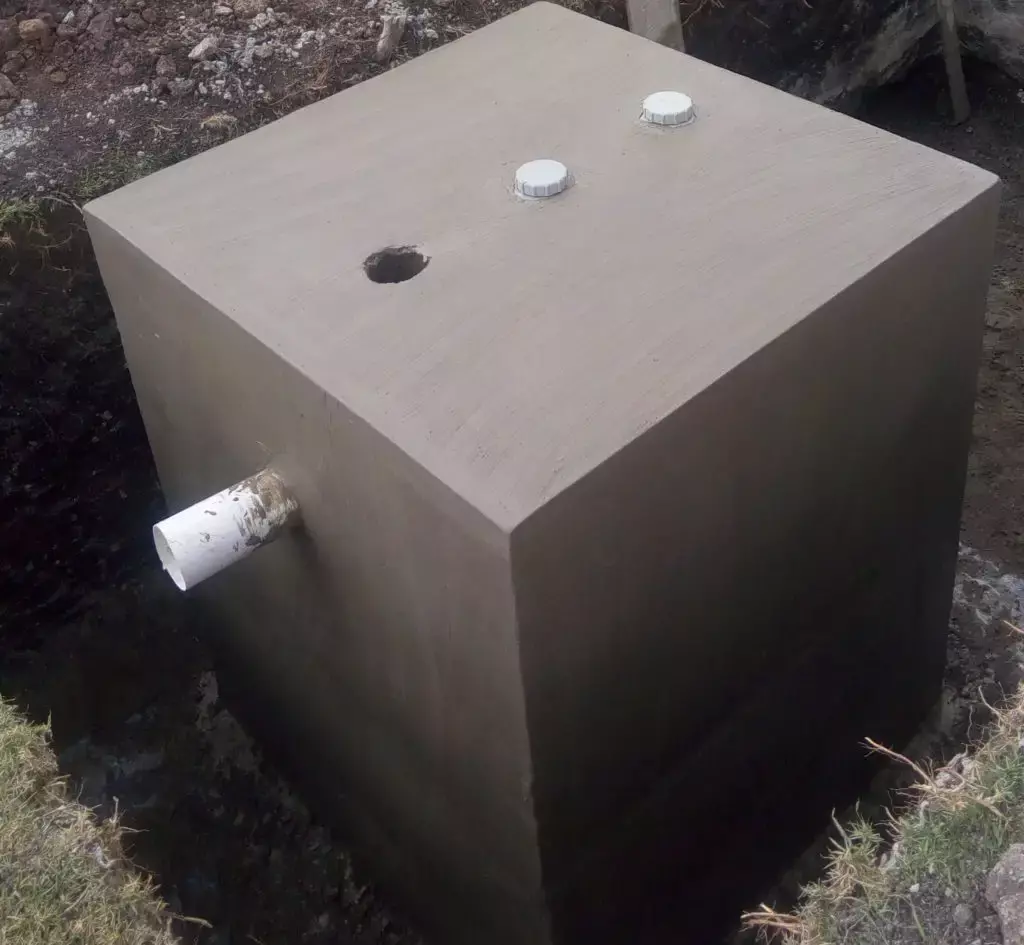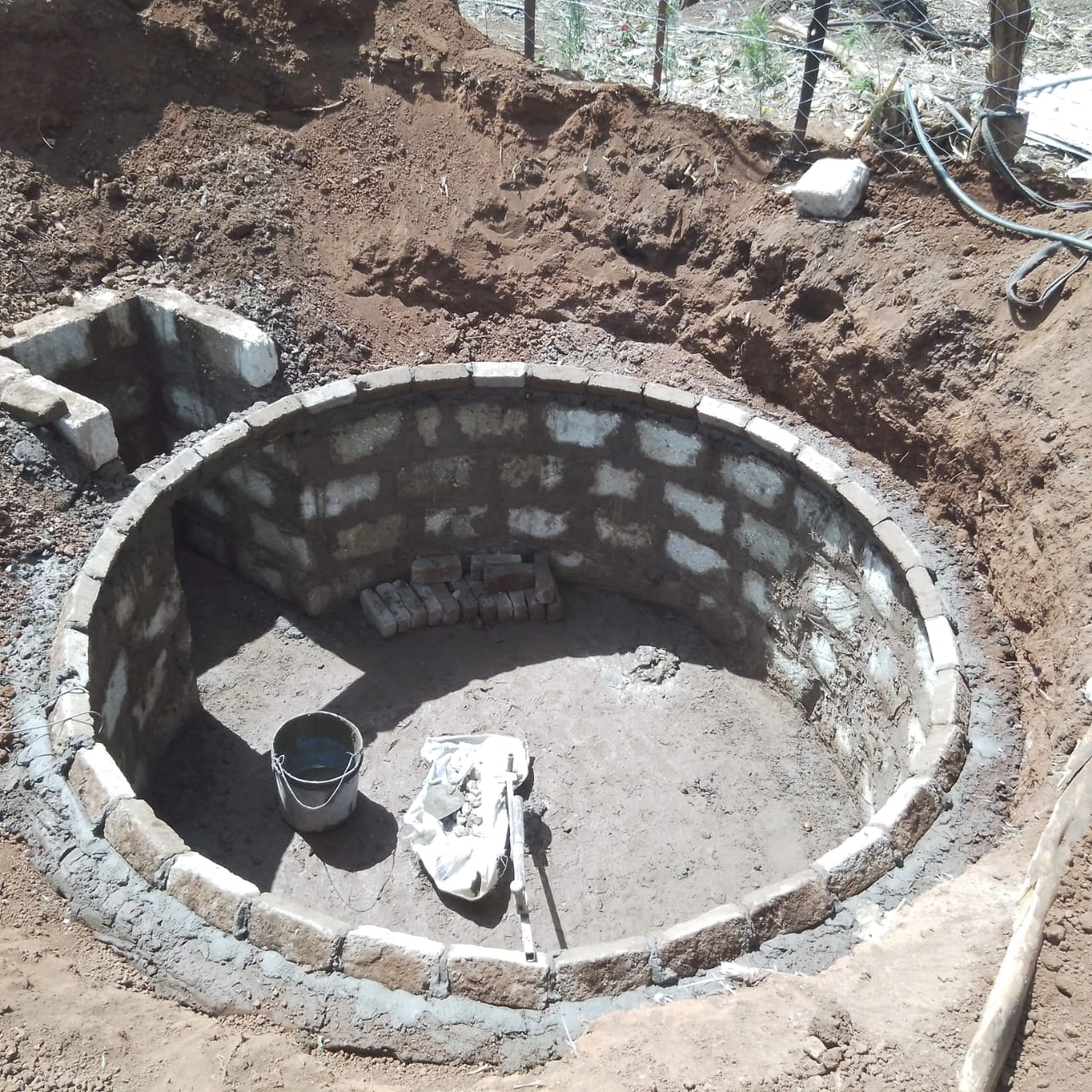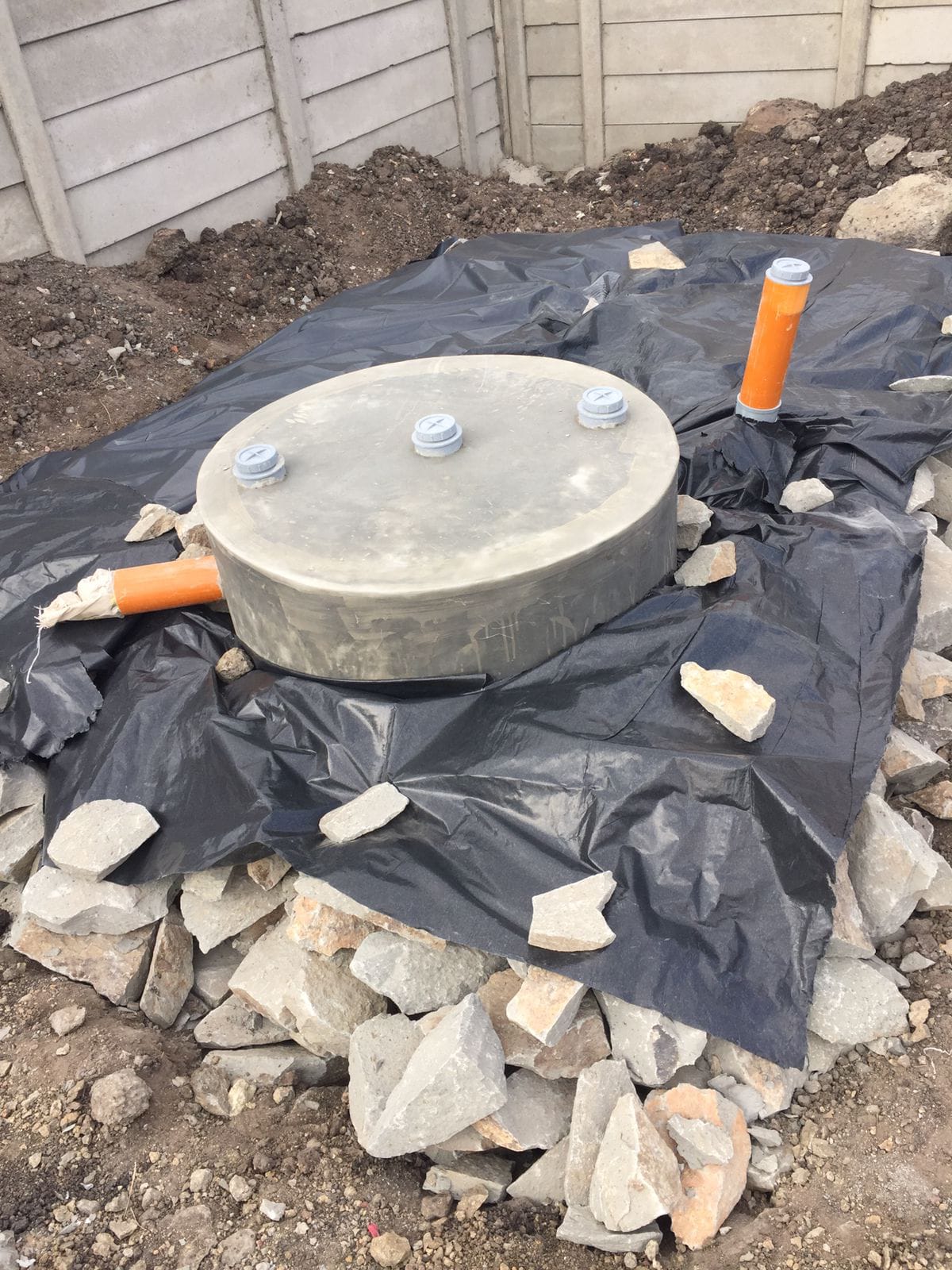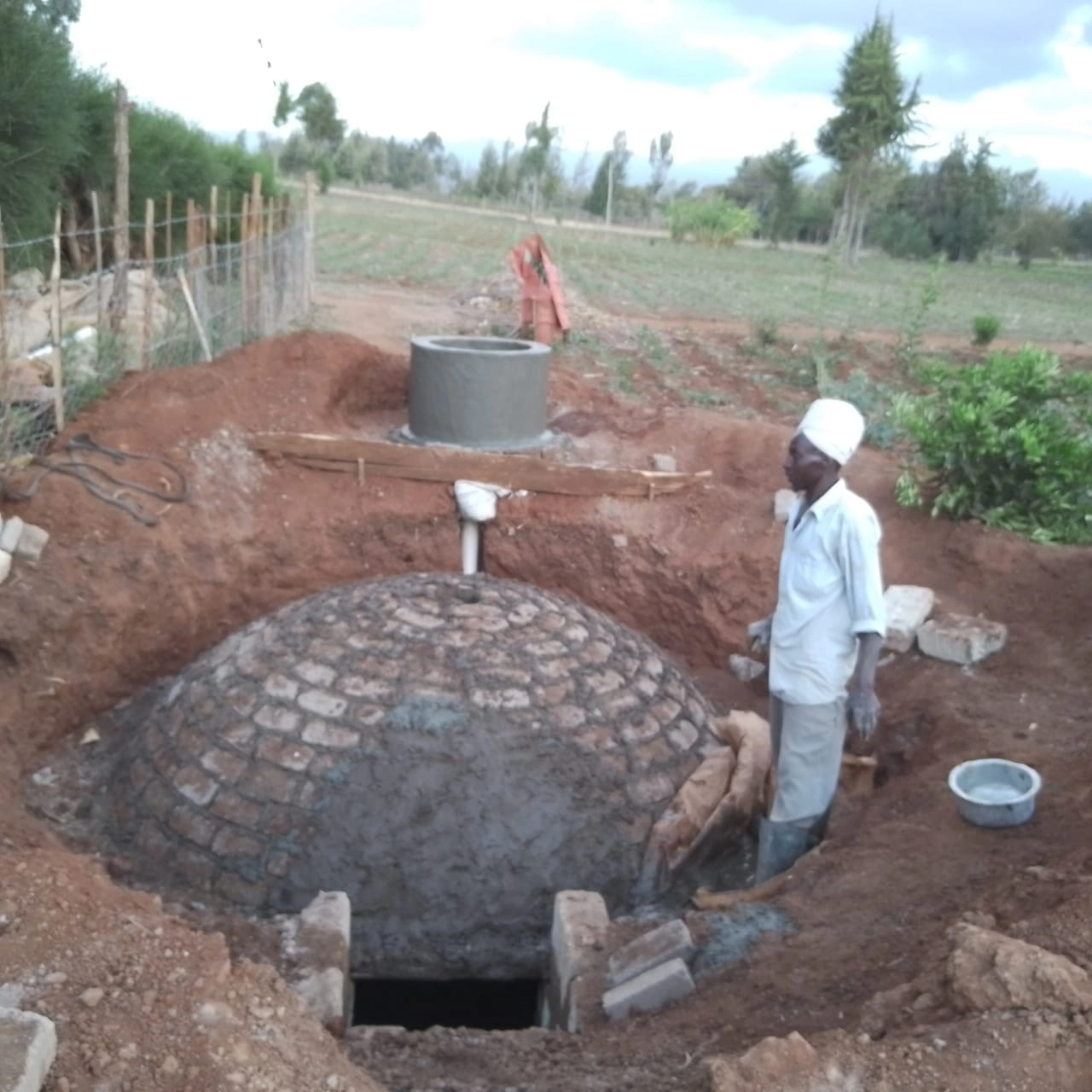Effective waste management is crucial for maintaining hygiene and environmental sustainability.
In Kenya, biodigesters have become a popular solution for managing human waste in both residential and commercial spaces.
At Bio Digester Kenya, we specialize in designing and installing biodigesters, providing a modern and efficient waste management system that is both eco-friendly and cost-effective.

Inroduction
In today’s world, managing waste efficiently is more important than ever.
With the growing emphasis on sustainability and environmental responsibility, innovative solutions like biodigesters have become essential.
In Kenya, these systems are revolutionizing the way we handle human waste in both residential and commercial settings.
At Bio Digester Kenya, we take pride in designing and installing state-of-the-art biodigesters that offer a modern, eco-friendly waste management solution.
By utilizing biodigester enzymes, our systems transform waste into harmless byproducts, contributing to a cleaner and healthier environment.
Whether you’re looking to upgrade your home or commercial property, our biodigesters provide an effective, low-maintenance alternative to traditional septic tanks.
What is a Biodigester?
Definition and Concept
A biodigester is an innovative waste management system that uses biological processes to break down human waste into water and biogas.
This eco-friendly solution reduces pollution and promotes sustainable waste management practices.
How Biodigesters Work
Human waste is piped into the biodigester, where anaerobic bacteria and enzymes decompose the waste.
The byproducts of this process are water, which is absorbed into the ground, and biogas, which can be used for energy.
This efficient system ensures that waste is handled in an environmentally friendly manner.
Benefits of Using Biodigesters for Domestic Waste Management
Environmental Benefits
Biodigesters significantly reduce methane emissions and prevent groundwater contamination.
By converting waste into harmless byproducts, they help preserve the environment.
Cost-Effectiveness
Although the initial installation cost of biodigesters might be higher than traditional septic tanks, the long-term savings are substantial.
Biodigesters require minimal maintenance, reducing ongoing costs.
Low Maintenance
Biodigesters are designed to be low-maintenance.
The use of biodigester enzymes ensures that waste is broken down efficiently, reducing the need for frequent cleanings and maintenance.
Designing a Domestic Biodigester
Key Components
The main components of a domestic biodigester include the digestion chamber, inlet and outlet pipes, and a soaking area.
Each part plays a crucial role in the system’s efficiency.
Factors to Consider in Design
Several factors need to be considered when designing a biodigester, such as the size of the household, the amount of waste generated, and the local environmental conditions.
Step-by-Step Design Process
- Assessment: Evaluate the household’s waste generation and site conditions.
- Design: Create a customized design based on the assessment.
- Construction: Build the biodigester according to the design specifications.
- Installation: Connect the system to the household plumbing.
Materials Required for a Domestic Biodigester
Structural Materials
The construction of a biodigester typically requires materials like concrete, PVC pipes, and sealing compounds to ensure durability and efficiency.
Enzymes and Bacteria
Biodigesters rely on anaerobic bacteria and specialized enzymes to break down waste.
These biological agents are crucial for the system’s efficiency.
Installation Process
Site Selection
Choose a site that is close to the source of waste but far enough from living areas to avoid any potential odors.
Construction Steps
- Excavation: Dig the required pit for the biodigester.
- Foundation: Lay the foundation using concrete to ensure stability.
- Assembly: Assemble the biodigester components.
- Connection: Connect the inlet and outlet pipes.
Connecting the System
Ensure all connections are secure and leak-proof.
Proper installation is key to the biodigester’s performance.
How Biodigester Enzymes Work
Role of Enzymes in Waste Breakdown
Biodigester enzymes catalyze the decomposition of organic matter, converting it into water and biogas.
This speeds up the waste breakdown process.
Benefits of Using Enzymes
Using biodigester enzymes increases efficiency, reduces odors, and minimizes environmental impact.
They ensure complete digestion of waste, leaving no harmful residues.
Cost Comparison: Biodigester vs. Traditional Septic Tank
Initial Installation Costs
While the initial cost of installing a biodigester can be higher, this investment is offset by the reduced maintenance and operational costs over time.
Long-term Savings
Biodigesters require less frequent maintenance and have lower operational costs compared to septic tanks, making them more cost-effective in the long run.
Maintenance of a Domestic Biodigester
Regular Maintenance Tasks
Regular tasks include checking for leaks, ensuring the inlet and outlet pipes are clear, and adding biodigester enzymes as needed.
Troubleshooting Common Issues
Common issues like blockages can be resolved by adding more enzymes or adjusting the system to improve flow.
Environmental Impact
Reducing Pollution
Biodigesters help reduce pollution by converting waste into harmless byproducts.
They prevent the release of harmful gases and protect groundwater.
Promoting Sustainability
By using biodigesters, households can contribute to sustainable waste management practices, supporting environmental conservation efforts.
Case Studies and Success Stories
Residential Installations
Several residential installations have shown significant improvements in waste management efficiency and cost savings.
Commercial Installations
Commercial spaces have also benefited from biodigesters, with reduced waste management costs and improved environmental compliance.
Why Choose Bio Digester Kenya?
Quality Products and Services
At Bio Digester Kenya, we provide high-quality biodigester systems and enzymes, ensuring reliable and efficient waste management solutions.
Customer Support and Satisfaction
Our team is dedicated to providing excellent customer support, helping you get the most out of your biodigester system.
Success Stories
Many customers have successfully used our biodigesters to maintain efficient and eco-friendly waste management systems.
Maintenance and Upkeep
How long does a biodigester last? Biodigesters are designed to last for many years with proper maintenance.
What happens if the biodigester enzymes are not used? Without enzymes, the waste breakdown process will be slower and less efficient.
How often should the biodigester be checked? Regular checks should be done every few months to ensure optimal performance.
Can biodigesters handle large amounts of waste? Yes, biodigesters can be scaled to handle varying amounts of waste.
Are biodigesters safe for the environment? Absolutely, biodigesters are eco-friendly and help reduce environmental pollution.

